WELCOMMON, an innovative project for hosting and social inclusion of refugees
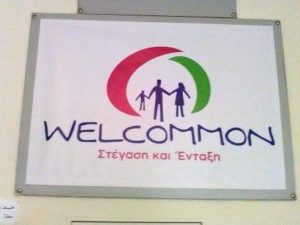
#WELCOMMON is an innovative community center for hosting and promoting the social inclusion of refugees. It is implemented by the social enterprise Wind of Renewal (“Anemos Ananeosis”) in cooperation with the Athens Development and Destination Management Agency (EATA), in the framework of the relocation program of the United Nations High Commission for Refugees (UNHCR).
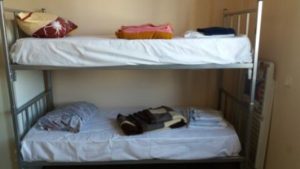
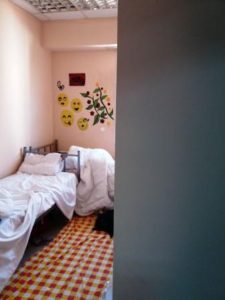
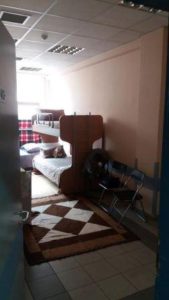
The building
Wind of Renewal/Anemos Ananeosis has rented the WELCOMMON building (a former clinic) for 9 years. The building is located in the central Athens (4 Kapodistriou St.), has 7 floors and an area of 3200 square meters. Its central location and its accessibility by the public transport contributes to avoiding the marginalization of the refugees and facilitates the participation of local people in its activities.
The WELCOMMON building was overhauled in August and September 2016. Wind of Renewal renovated and refurbished the building throughout, adapting it to its new requirements and giving it a “second life”. Mostly repaired and second-hand furniture have been used, combining social and environmental responsibility.
It meets all appropriate specifications for the safe and decent accommodation of guests:
- 66 rooms most of them with private bathroom
- fire-extinguishing systems
- safe balconies and staircase
- accessibility for handicapped individuals
- 24-hour entrance security
- facilities for gatherings, tutorials, artistic and other activities
- Wifi and TVs in each floor
- Washing machines, driers and refrigerators (common use)
The building can host up to 190 refugees and 15 volunteers from abroad.
Professionals as well volunteers have contributed to this hard work –completed in less than a month-and-a-half at a very low cost.
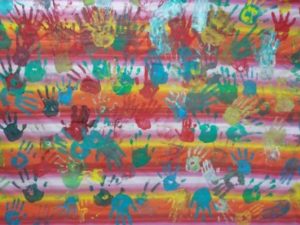
The structure of WELCOMMON
WELCOMMON presently employs 30 professionals in the following areas:
- Administration / management / secretarial support
- Reception
- Interpretation / cultural mediation
- Social and psychological support
- Primary health care-nurse and midwife
- Building maintenance
- Human resources
- Security
Many of our employees, previously in the ranks of the unemployed, have experience on refugee issues.
More than 20 volunteers are supporting our daily work continuously.
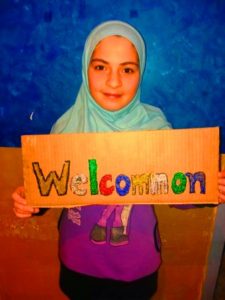
Synthesis of Welcommon’s guests
WELCOMMON welcomed its first guests on 12th of October 2016. Guests are selected by the UN High Commission for Refugees, in the framework of its relocation program and asylum seekes and with priority given to the most vulnerable groups, such as pregnant women, victims of torture and rape, families with many children, the elderly, handicapped, people with serious health problems (eg cancer) etc. The majority are until now Syrians (70-90%) and children (65-80%), often accompanied by only one parent, usually the mother. We have already seen the first 10 births since December 2016, during the stay of the mothers in Welcommon. We are also hosting 7-10 pregnant women, some of them from 16-18.
A typical synthesis of Welcommon when the “population” was 162 people. 91 of them are underage:
- 10 babies up to 1 year old
- 11 from 1,5 to 3
- 17 from 3,5 to 6
- 33 from 6,5 to 12
- 20 from 12,5 to 18
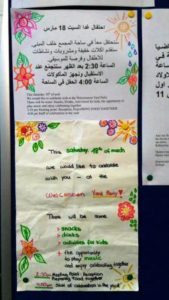
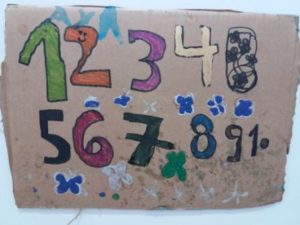
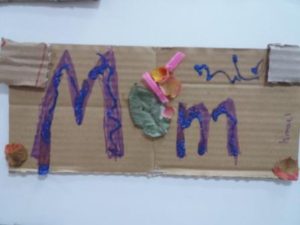
Catering
Three meals per day are offered. Our first priority is to provide food, in line with our guests’ individual nutritional requirements, according to age, state of health or religious persuasion. Due to the large number of babies and children and to their special nutrition needs, we had to offer extra food stuff such as infant milk (formula), fresh milk, yogurt, fresh fruits and juices. In addition we purchased 3 refrigerators and placed them in the communal areas of the floors, in order to store the fruits, the milk or other food.
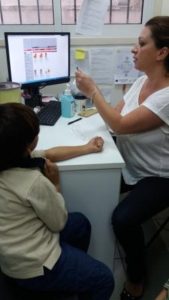
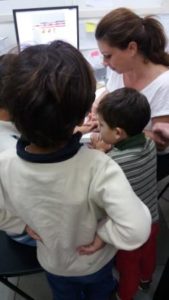
Health issues
All our guests undergo health screening and the Mantoux test (for tuberculosis). We also ensure that all children are vaccinated so they can attend the formal education system (school or nursery structures), according to Greek legislation. We have established a close cooperation with doctors hired by the Athens Development and Destination Management Agency, in the framework of its refugee program.
In all cases, we strive to provide services to the refugees in cases of urgent health needs. We organize their medical records so they have at their disposal all relevant data, whether they resettle in another country or stay in Greece.
In cooperation with the community of Syrians living already in Greece, we have set up a network of Arabic-speaking volunteer doctors of various specializations. We are also developing close ties with social clinics.
We offer support to many pregnant women and new mothers and borns. We have hired additional to our nurse and a midwife.
Social workers and interpreters accompany our guests to doctors and hospitals. Welcommon covered the whole cost for medicines and vaccinations through donations in 2016 and a part of this cost in 2017.
At the moment we host 10 babies born during the stay of their mothers in Welcommon since December 2016 and some 7-8 women are going to give birth in the next 2-3 weeks.
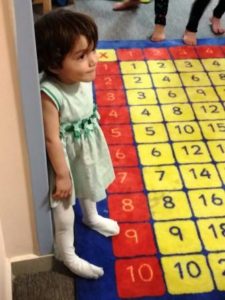
Welcome classes and education/training of children, a basic need
Refugee children have remained out of an education system for between two and five years. Some of them could never attend school. This, combined with the fact that they are for a long period away from home, leaving in camps and moving from one place -or country- to another, most of the time under difficult conditions, results in a lot of problems. Therefore it is essential for them to return to a formal as well as to a non-formal education and training system as soon as possible.
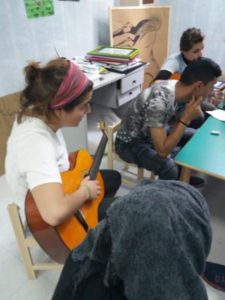
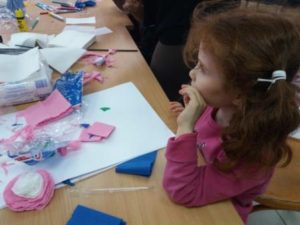
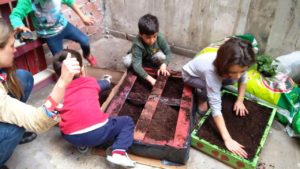
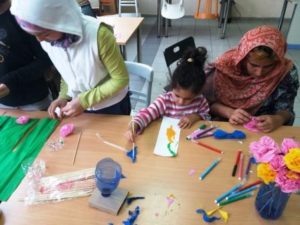
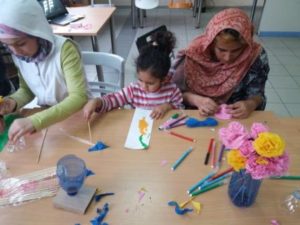
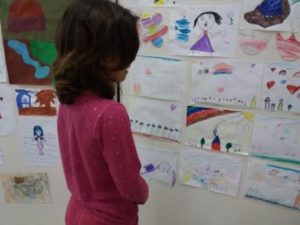
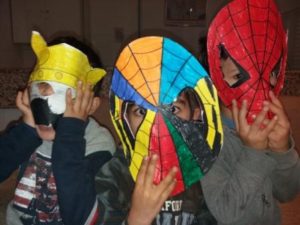
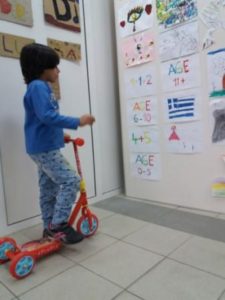
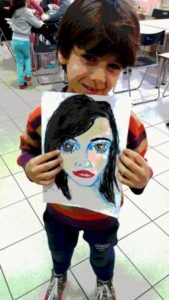
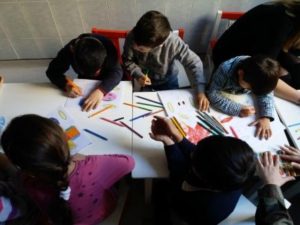
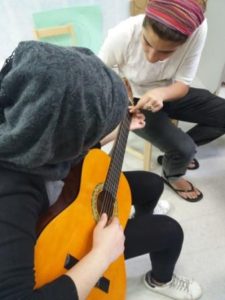
At WELCOMMON we provide support at three levels:
- Enrolment in the Greek formal education system based on the existing public structures and their age (kindergarten, primary, secondary and high school). Before they begin attending school classes, we provide them with the health checks and vaccinations necessary, according to Greek legislation. We believe their attendance is very important, not only for gaining knowledge and skills but also for their social life in the future and their adaptation to social realities.
- Opportunities for non-formal education, training and empowerment with social skills, despite limited appropriate resources. Such facilities are provided inside WELCOMMON itself with the help of volunteers, but we also looking for cooperation with other organizations in the form of workshops and classes for language learning (Arabic, Greek, English, German), painting, photography, video, music. We have also some volunteers-specialists that offer opportunities for both children and adults to participate in sports activities.
- Empowering parents (often single) to be fully able to take proper care of their children as well as youngsters and new mothers offering them a place for gradual rehabilitation as well as social, psychological and pedagogical support. This is obviously something that takes time and needs more human and financial resources which we are lacking at the moment.
Our first priority is to enroll as many children as possible in neighboring schools, according their age. But due to lack of vacancies it was possible -up to now- to enroll only few of the children in schools (only 8 of a total 91). For this reason and in order to give both to children and parents the opportunity to return in a “normal” daily life, we are implementing an integrated program of non formal education activities. At the moment, a lot of activities are organized and implemented with the valuable contribution of our volunteers and include languages lessons (german, english, greek), pottery, painting, cinema/video, photography, music and dance classes. Also, usually on Sundays, we organize visits to interesting sites of Athens, parcs, museums and art exhibitions.
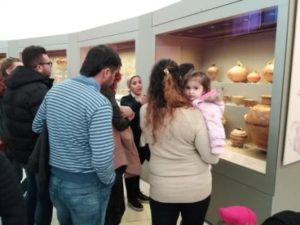
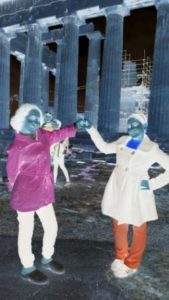
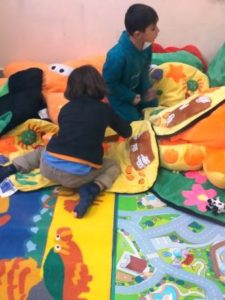
We are trying to expand the non formal education activities for children but also for adults, so that all of them during their stay in Welcommon to have the opportunity to participate in a complete and integrated training program similar to the formal education program. Our aim is to provide basic knowledge, skills and capabilities similar to those provided by the formal education and additional social skills through creative activities and innovative learning methods.
We can afford the rooms and places for such an education and trainning activity, as we have transformed since the mid of January 2017 – the rooms of a whole floor (2nd) in small classes. It is true, that we need more human and financial resources in order to be able to offer such services to all the children. Therefore we are seeking foundations and citizens who would like to support our plan.
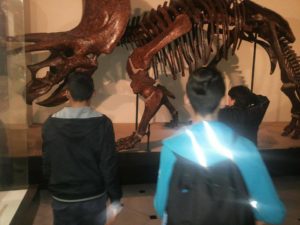
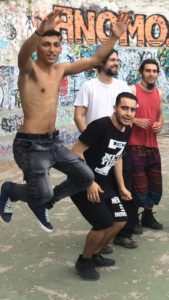
Resources – fundraising – donations
Although the basic costs for hosting the refugees in WELCOMMON are 90% covered through the cooperation with the Athens Development and Destination Managerment Agency, in 2016 and 2017, there are many other costs not covered by this grant, eg education, health support, social inclusion, job integration, cultural integration etc.
We are seeking donations and more resources in order to promote social inclusion, health services and materials, training, welcome classes and creative activities (e.g. painting, music, dancing, sports, language lessons, capacity building etc.), as well as environmental management, energy efficiency and the maintenance of the 3200 sq.m. building.
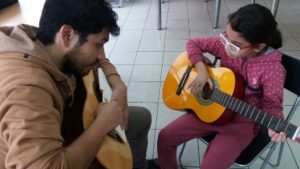
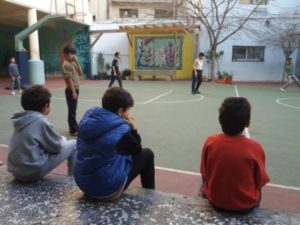
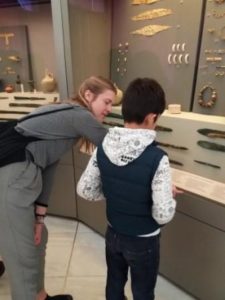
Entertainment
We organize very often live music nights thanks to musicians-volunteers playing Arabic, Mediterranean and Greek music. All, but mainly the children participate and enjoy very much hearing music and dancing.
As the majority of our guests are underage, we had to purchase an amount of toys for different ages. We selected those that can be used not only to provide fun but also educate. In addition as we organize several artistic classes, we had to purchase the necessary materials, such as papers, markers, pencils, brushes, canvas, pottery tools and other crafts materials.
For the entertainment, but also for the daily briefing, of the adults we purchased satellite TVs and placed 1 at the gathering place of each floor. As we organize cinema afternoons, 2 per week for adults and 2 per week for children, we had to buy the relevant equipment, such as projectors, speakers etc. Some of them are 2d hand.
Clothing – shoes – basic needs
We purchased 4 sewing machines and sewing materials and made available a room so that guests can repair the clothes. As some of our guests are tailors and dressmakers, we asked them to organize the place and the materials and also to help or to instruct those who are interested. This process is a tool for empowerment with skills and abilities as well as a means for capacity building and a return to a normal daily life.
In addition we bought 4 washing machines and 4 driers which are placed in the basement and are available to the guests who can use them to wash their clothes, according to a weekly schedule.
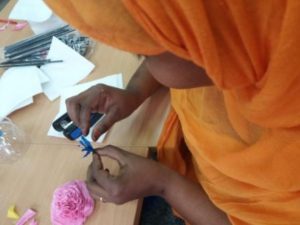
?
Some more future plans
In the near future WELCOMMON aims:
To offer opportunities for employment, by tapping the skills and aptitudes of the guests, mainly the asylum seekers who will remain in Greece, through their participation in the running of the organization and in collaboration with other organizations and agencies.
To create a data base with the curricula vitae of refugees –both inside and outside the facility- so as to facilitate their employment in businesses seeking specific qualifications and skills.
To set up social enterprises with the participation of Greeks and refugees/ immigrants, in the following areas:
- Repair and reuse of clothing and footwear -which will create jobs for both refugees and the local population- and sale of clothing at reasonable prices.
- Renting of various products, such as baby items (cots, cradles and carriers), items for handicapped people, special equipment for the chronically ill (oxygen apparatuses, special beds, wheelchairs etc.) at reasonable rates.
- Food and catering
To develop a network and permanent cooperation with similar initiatives and structures at regional, national and European level, as well as in other neighboring countries, for an exchange of experiences and good practices, through regular meetings, seminars and workshops, thus building bridges between different cultures, societies and activities.
We aspire to contribute not only to relief efforts but also in the form of social inclusion strategies and practices. We would like to see a real change in the hosting policies implemented in our country and the development of a holistic strategy for the refugees in Greece.
Bank accounts:
Anemos Ananeosis / Wind of Renewal
Pireaus Bank: GR8301720180005018077868253 BIC: PIRBGRAA
Eurobank: GR7202602440000180200876471 BIC: ERBKGRAA
For Welcommon project
Contacts: windofrenewal@gmail.com or welcommon.project@gmail.com
tel: 00302103803959 or 00302103810646
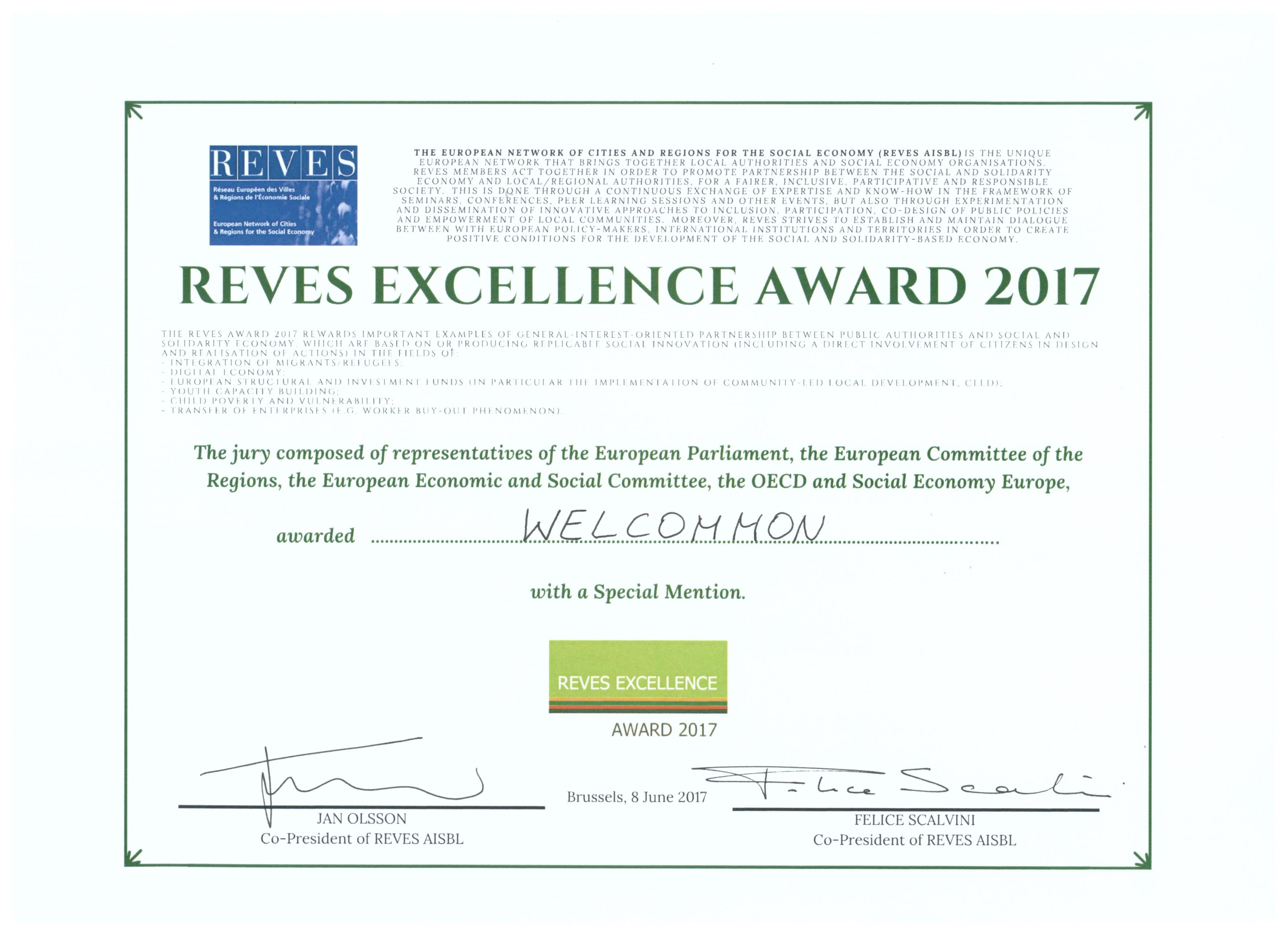
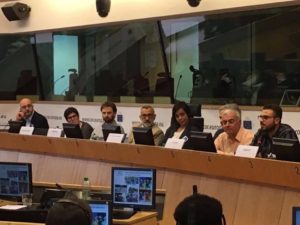
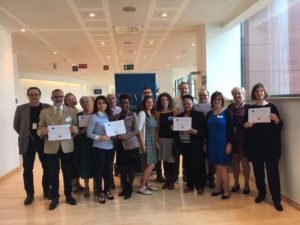
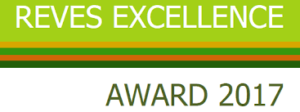
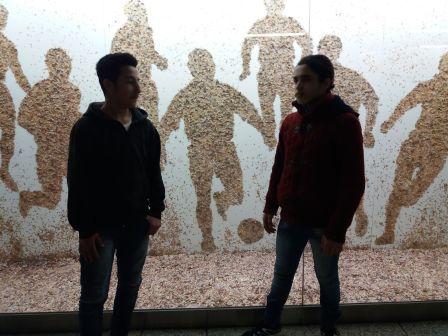
































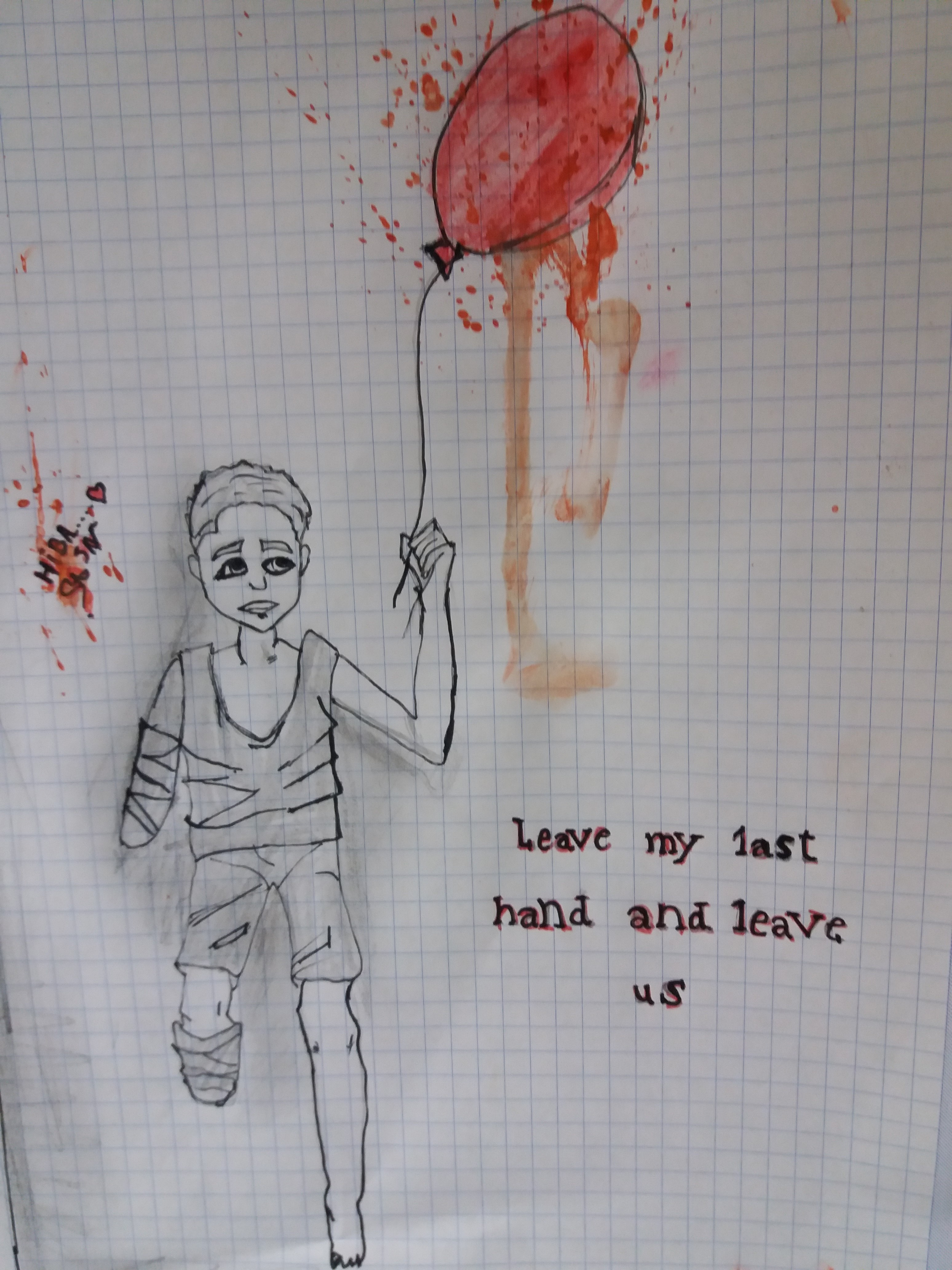
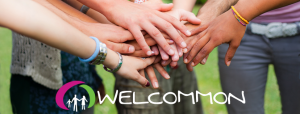

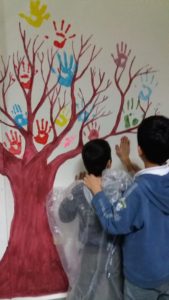
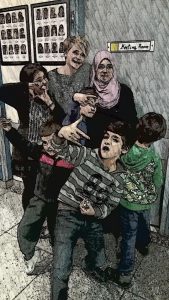
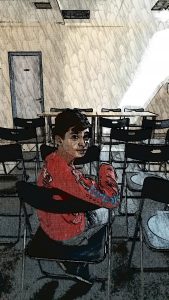
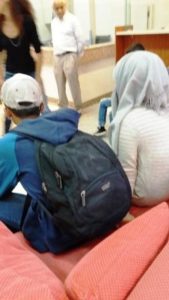
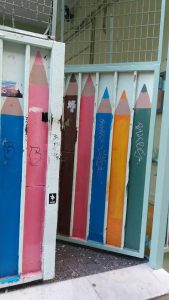
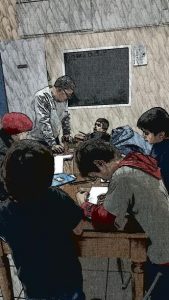
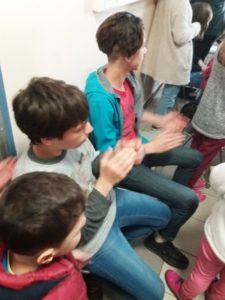
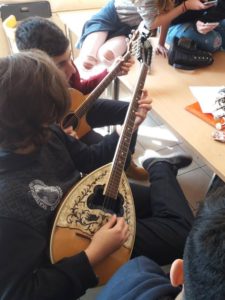
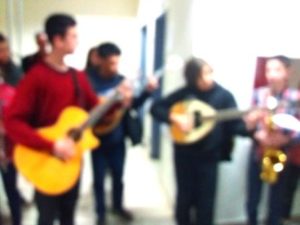
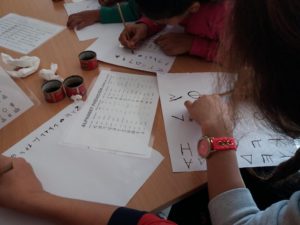
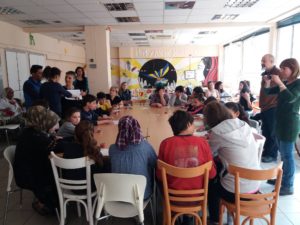
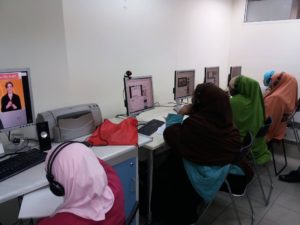
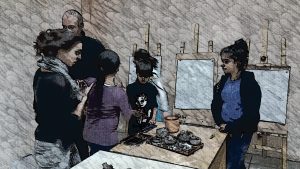
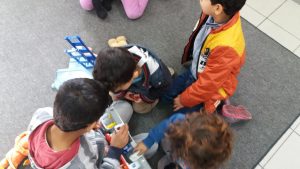
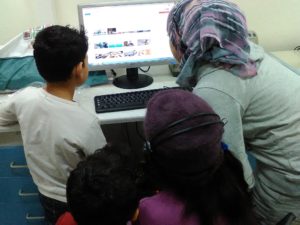
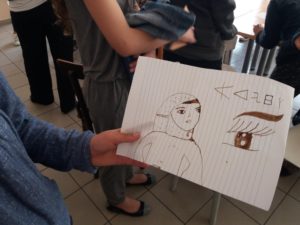
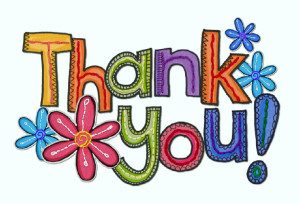
Recent Comments